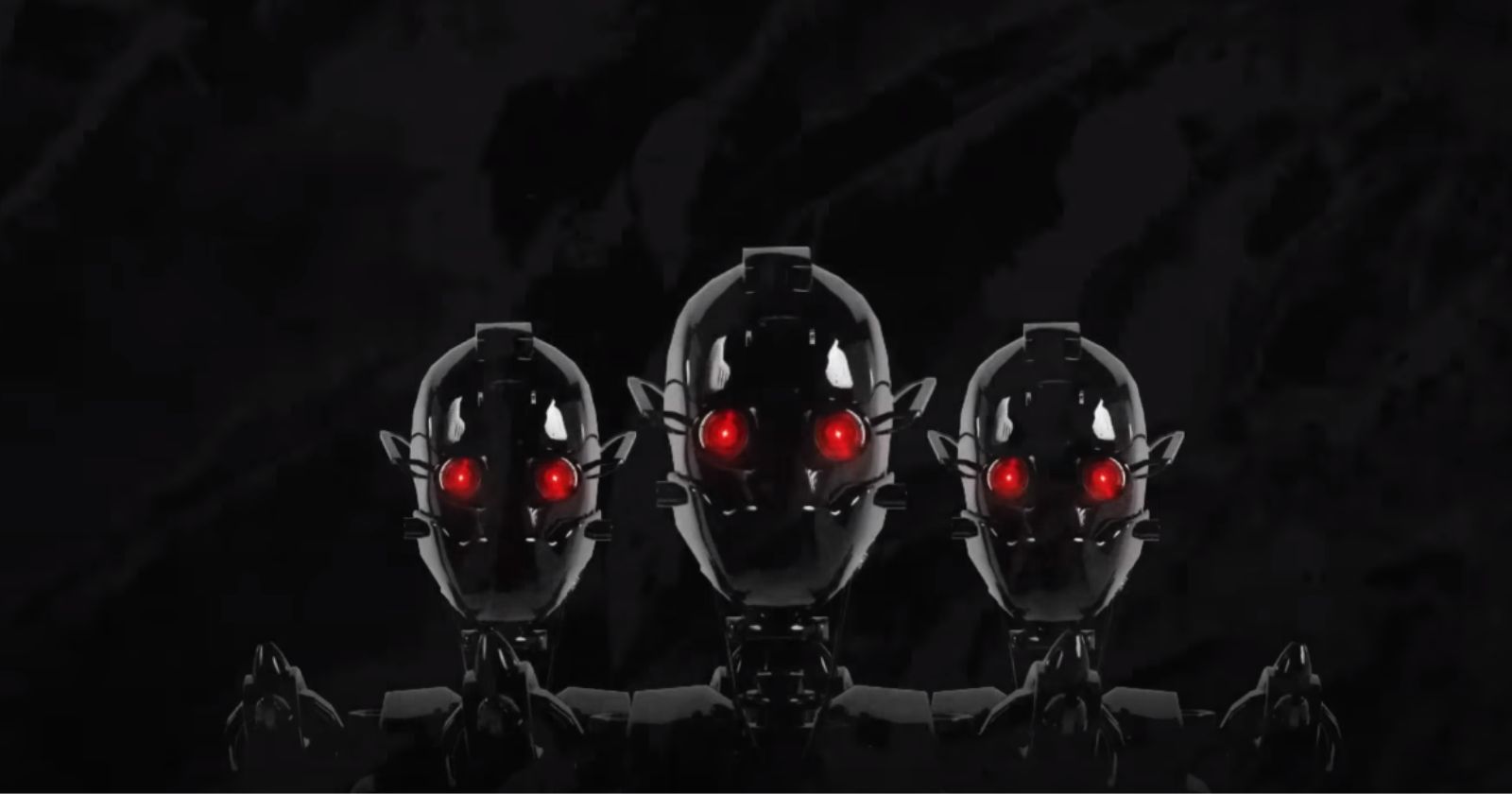Classic Rock
Queen releases new version of “Machines (Or Back To Humans)”
Queen released a reworked version of the track “Machines (Or Back To Humans)” which was originally released on their 1984 album “The Works”. The group has been using the track during their current tour across the United States which has Adam Lambert on vocals.
Queen releases new version of “Machines (Or Back To Humans)”
The band’s guitarist Brian May talked about the reworked version, saying: “The Robot Horde provide a narrative thread to our new show. In these days of Artificial Intelligence beginning to invade our whole lives, these mechanical guys personify Robotic Insurgence. In our still-developing current show, Back to Humans – is the soundtrack to us as humans reclaiming our control.”
“Machines and Radio Ga Ga actually have a common ancestor, the beginnings of a collaboration between myself and Roger in the sessions for the Works album in 1984. But we had different ideas of how it should develop, and the track split into two songs going in opposite directions … Roger piloting Radio Gaga to completion and into a worldwide hit, and me taking the route of making “Machines” into a kind of unending battle.”
He continued:
“Putting the new show together, it hit me that ‘Machines’ was more relevant than ever. So the idea came about of theming the show with a 21st-century version of this battle – and, incidentally, bringing Ga Ga and Machines fittingly back together once again. And this stands very well with our long-standing belief that a rock show should be live and dangerous rather than performed to clicks and electronic backings,” Brian May said.
Roger Taylor also talked about the track in an official statement: “Machines’ was born out of the electronica we originally explored on ‘Radio Ga Ga’ to create this sense of the battle between the electric side and the human side. Now at a time when it’s increasingly becoming a machines world and we’re all just trying to keep up, we felt it the perfect time to revive this idea of basically going back to humans.”










